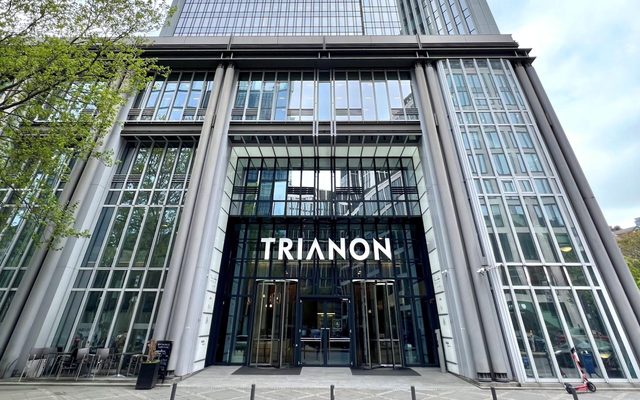Not long after I founded Invel in March 2013, we completed what was then Greece’s largest ever real estate deal, buying a 66% stake in NBG Pangaea Real Estate Investment Company from the National Bank of Greece for €653m.
At the time, the transaction was considered a litmus test of the recovery of one of the most depressed markets in real estate history. Six years later, the result of this test is clear from the fact that we have since acquired a further 32.7% stake in Pangaea, taking our investment to more than €1bn and setting a new record for the largest ever real estate investment in the country in the process. We are still confident in the market, but we are no longer the only ones.

A different cycle
As we currently stand, most European real estate markets are later in the cycle, with compressed yields and lower spreads over the risk-free rates. In comparison, after nearly nine years of economic crisis, the Greek market is now at a pivotal stage.
The anticipated completion of several large-scale development projects by private operators, such as the enhancement of the Piraeus port and the Hellinikon project, are set to act as a gateway for further investment in shipping, logistics, tourism and residential. Coupled with the ongoing improvements to infrastructure and a record year of tourism in 2018, in which revenues exceeded €16bn, Greece is both an increasingly attractive location for businesses and a hotspot for foreign investment.
This is being driven by a number of factors.
A change of politics

For a start, the current government has created a much more stable relationship with Europe than the one that made headlines in the last few years. This has led to a more normalised business environment. Simultaneously, steps have been taken to overcome bureaucratic barriers to investment and Greece has improved the processes surrounding investment, benefitting from a professional platform in areas such as legal services, financial advisors and accounting that can properly understand and support institutional investment.
Next, investors are attracted by the reversionary potential of the market. Given that most commercial leases were signed during the downturn, there has already been some yield compression and an increase in rents for good quality assets. Furthermore, we have likely seen the peak of tax reforms and these can really only move downwards now, creating an even more favourable environment for companies and fuelling demand for office space.
Opportunistic investors’ playground

This has created significant opportunities for opportunistic and value-add investors to meet the demands of a rapidly modernising population. For example, due to the past decade of economic instability, there is a lot of well-located office stock that has not been well maintained and would not meet current standards, particularly around sustainability and wellbeing. With more than 33 million tourists arriving in Greece in 2018, there is increased appetite for high-quality hotels, as well as residential developments. Finally, Greece needs more and better quality logistics hubs to support the increasing passing of goods through the country.
All of this has led to an increase in the underlying value of the market, which has had a knock-on effect on the NPL market, especially as the Greek banks are coming under more pressure to quickly reduce their exposure to such loan pools. However, these opportunities need to be approached with caution, as their complexity requires a properly structured platform to undertake the day-to-day management and negotiation with borrowers for the recovery of the loans. Furthermore, given the size and population of Greece, the market is not as deep as other countries, which makes investing a challenge more generally.
Continued value?
Looking ahead, investors need to move in a sustainable manner so that demand does not drive yields to unnecessarily low levels before the fundamentals support such a shift, but there is no denying that the opportunities offered by Greece for attractive risk-adjusted returns and its emerging political and economic stability will make it an attractive proposition for investors in the months and years ahead. We now enjoy a far bigger peer group than six years ago, as more investors recognise the value that can be found in Greece.
However, the challenge in 2019, as in 2013, is knowing how to navigate this incredibly complex market and how to combine institutional experience with local knowledge so as to correctly and efficiently identify opportunities, undertake asset management and improve exit options.





